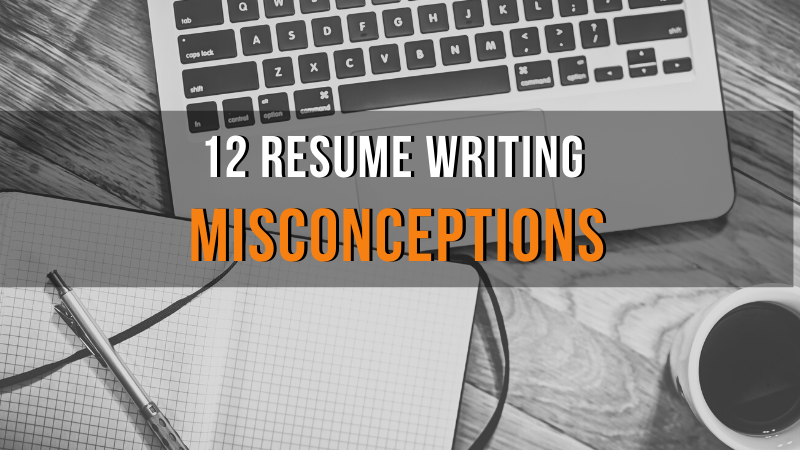
If, like many IT HR professionals, you’re operating at maximum bandwidth, working with an executive search firm has clear benefits. Some of these are readily apparent from the beginning. For one, your firm saves time and money. There is no need to devote valuable internal resources to sorting through dozens or hundreds of resumes from job seekers. A specialist staffing firm does this for you; and after screening and interviewing, you choose from only the top candidates available.
Speaking of the best candidates, specialized firms such as J. Patrick + Associates are continually sourcing new potential hires with focused, specific skill sets that meet your needs. With the ability to leverage a continually growing proprietary database that matches your target demographic, these experienced professionals can illuminate an ever-expanding network of candidates for your firm to choose from. Out of this bigger and better pool, new and higher quality candidates emerge.
Next, and most important to your bottom line, a search firm enables you to minimize risk and the associated cost of a bad hire. According to the Harvard Business Review, as much as 80% of employee turnover is due to poor hiring decisions. Furthermore, the Labor Department estimates it costs an average of one-third of a new hire’s annual salary to replace him or her. What’s worse, the costs associated increase the further up in the organization the change occurs.
The right executive search firm offers you the necessary tools to prevent this and maximize your hiring ROI. Although you probably already know this, one alarming item to consider is when the job market is tight, finding the right person becomes even more challenging. It’s in times like these that a top firm offers your business some less obvious capabilities, adding even more value when you need to fill critical positions. Firms like J. Patrick + Associates know the IT and telecom industries inside and out, and bring the best industry practices to the critical task of job placement.
Industry Trends and Market Intelligence
Another reason to use a firm focused on specialized placement is their knowledge of workforce trends within the IT and telecom industries. A good niche firm understands the impact these can have on your business. A niche recruiter can help advise you to make strategic hiring decisions that not only meet your immediate needs--finding the right person for that key position right now--but also ensure you’re positioned for the larger demands of an evolving business environment.
Agility
In comparison to a traditional agency, with a specialist firm you’re already on the same page, and together, you’re ready to take decisive action. This is something you won’t find easily somewhere else. You can expect a top firm like J. Patrick + Associates to know the hiring and job requirements in your industry, to be prepared to address critical issues, and to leverage unique industry insight to help drive your most favorable hiring decisions.
Long-Lasting Relationships
Veteran firms have been placing the best-qualified candidates at top tier IT and telecom businesses for nearly 20 years. That’s no accident; it’s the proven result of a winning track record. Over the years, countless hours have been spent building enduring professional relationships with former candidates. Many of these former job seekers are now in hiring positions. Who do they turn to when they need both quality and speed? J. Patrick + Associates. The reason is simple--because of the long-term trust we’ve built between our firm and our clients.
Contact JP+A Now
When placement costs can exceed the annual salary of each candidate, it’s a significant expense you simply can’t ignore. So, if you need to find the best-qualified people to fill key positions, it’s time to consider a firm with proven expertise and resources. Choose J. Patrick and Associates to provide the winning outcome your business demands.









.png?width=680&name=HOW%20SHOULD%20I%20Read%20a%20Job%20Description_%20(1).png)




